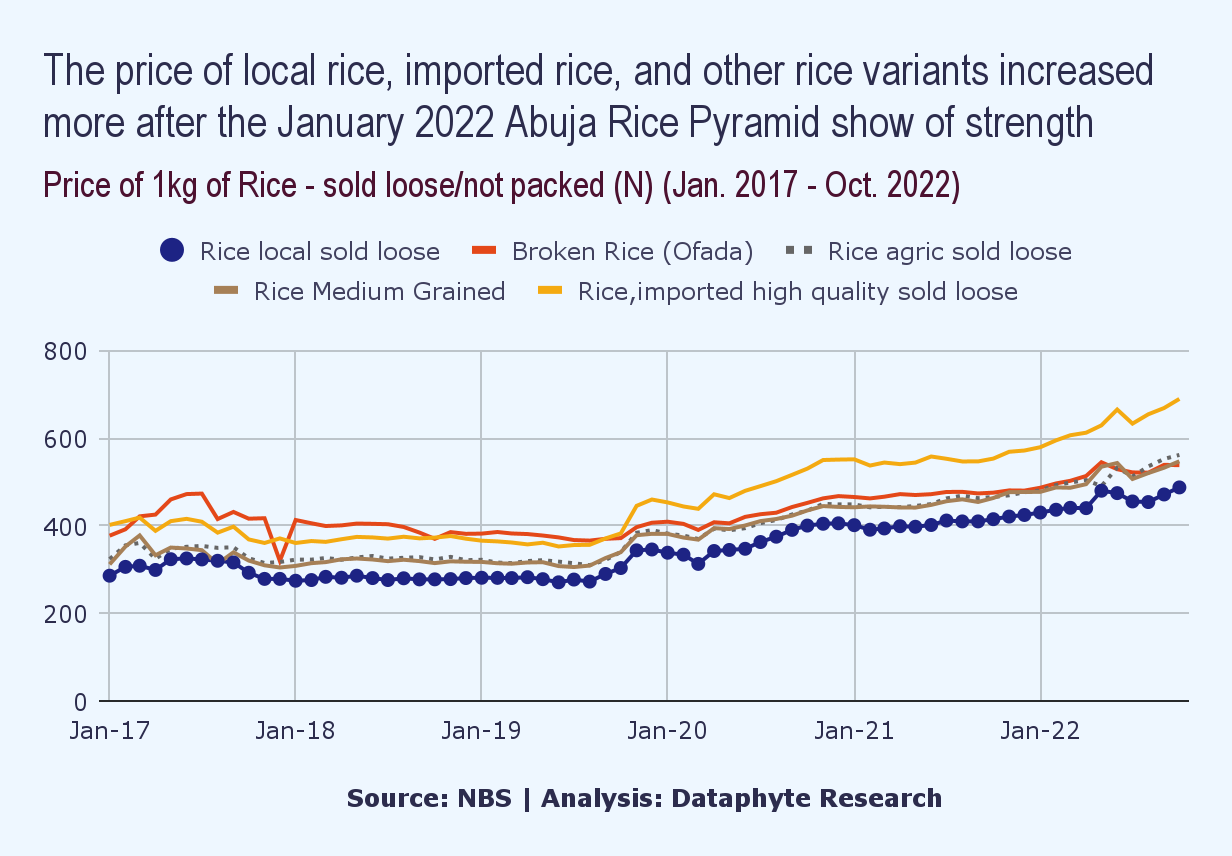
A so Rocky Christmas: Buhari’s Ricey Yearnings, Pricey Year, and a Dicey Yuletide
This Christmas could be the last Muhammadu Buhari will celebrate in Aso Rock as a President if he does not run for Nigeria’s highest office in 2031.
Category

This Christmas could be the last Muhammadu Buhari will celebrate in Aso Rock as a President if he does not run for Nigeria’s highest office in 2031.
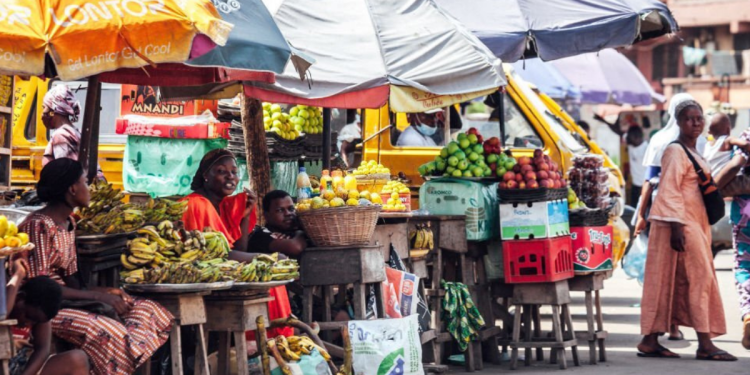
According to a survey by the Food and Agriculture Organisation (FAO), six out of 10 Nigerians are experiencing food insecurity. Plagued by rising food inflation and insecurity in several agrarian communities across the country, food has become an expensive elusive resource for most Nigerians.
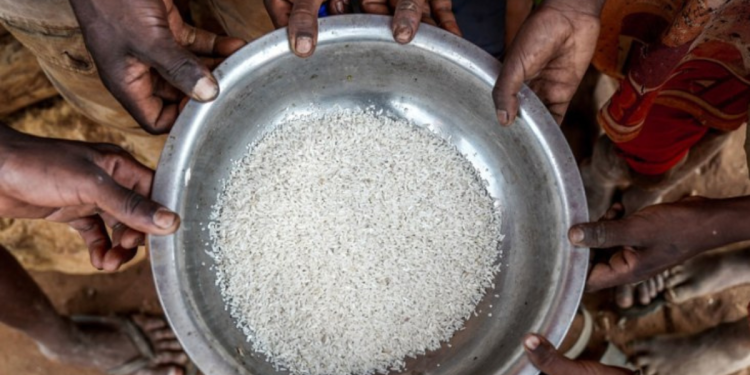
As the curtains begin their descent on 2022, food, a basic need for human existence, is increasingly out of reach for more Nigerians. The prices of staples like yam, maize, rice, and fish have continued to rise.
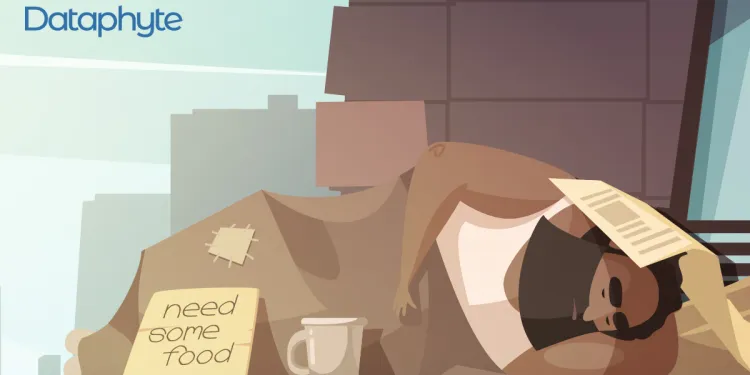
As the economic fortunes and living standards of Nigerians decline by the day, with 133 of their country’s 211 million population poor, many are forced to leave the country.
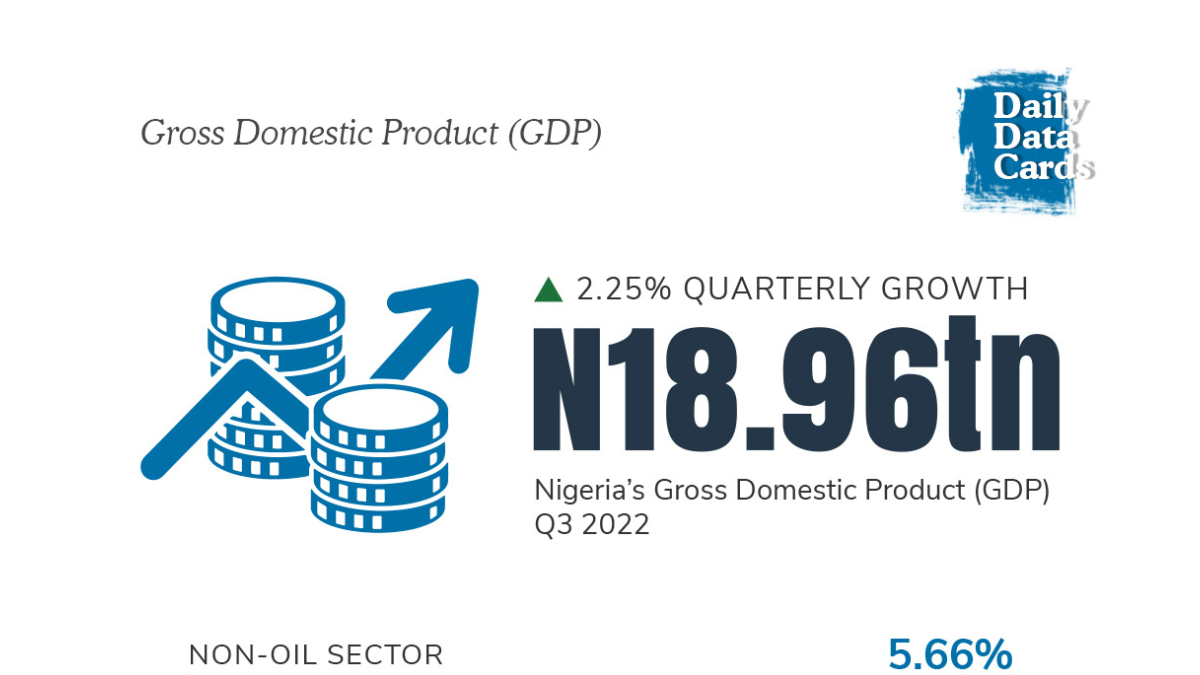
#DailyDataCard: Nigeria’s Gross Domestic Product (GDP) Q3 2022
.webp)
The prices of food items in Nigeria has gone up again for the second consecutive month. This was revealed by the National Bureau of Statistics (NBS) in its release of the food price index for April 2022.
.webp)
Why? The price of everything has skyrocketed so much so that even alternative food options are now out of reach. Inflation stands at 15.92% as of March 2022 while food inflation has been on the rise since 2019 and stands at 17.20% today.
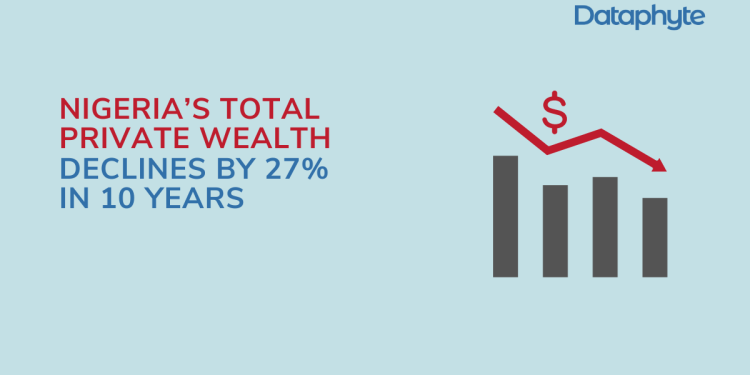
This retarded growth was attributed to factors such as the ease of doing business, the rate of taxes charged on businesses, social and political safety, and the growth of financial services.
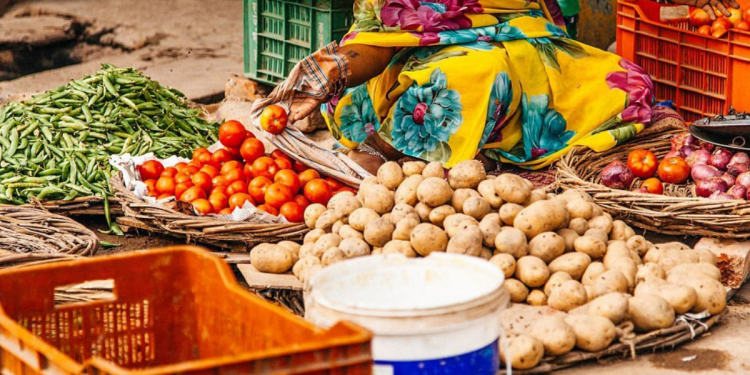
The average cost of making a pot of Jollof Rice, for a family of five went up from N8007.50 in Q3 2021 to N8595 at the end of Q1, 2022.
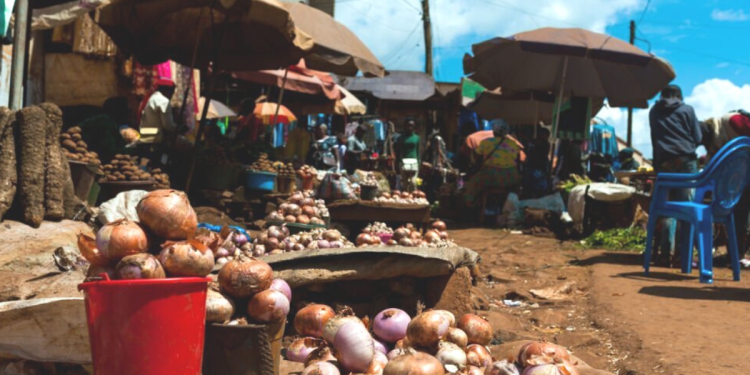
‘The prices of onions, beef, and turkey have all gone up from what I expected from my last visit,’ Mrs Joy lamented. ‘Now I have to cut off some other expenses to release some cash to buy these ingredients for the Jollof,’ she concluded.
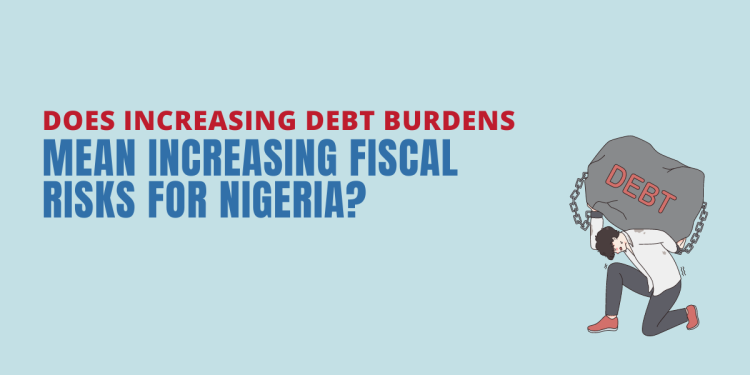
Debt or funds borrowed by the Nigerian government augment revenue generated and provide a fiscal balance for the country to meet its obligations.
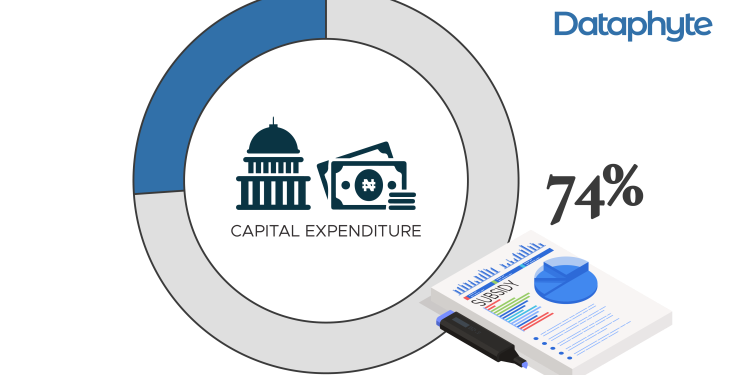
On the 7th of April, Nigeria’s President, Muhammadu Buhari, noted that the country would need up to four trillion naira for 2022 subsidy payment, up from the earlier projected N3 trillion. This development was blamed on rising oil prices amid high global demand.
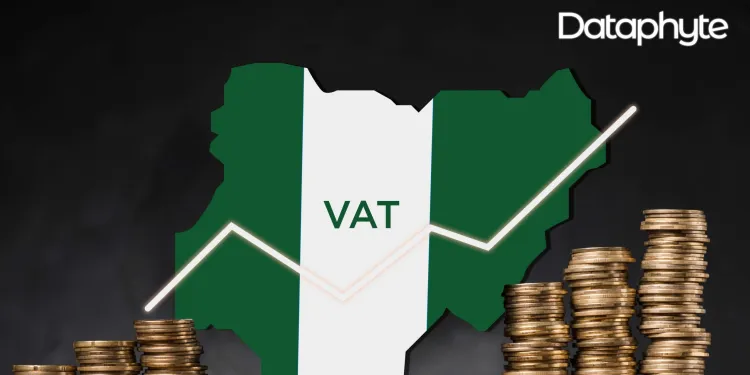
Value Added Tax (VAT) has grown to be a major source of revenue for most countries.
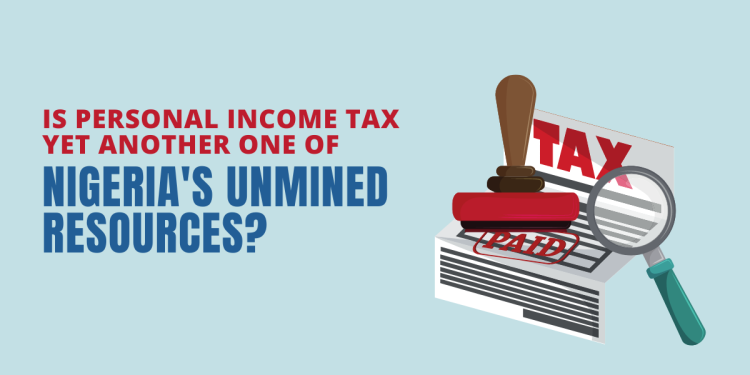
Personal Income Tax (PIT) revenue in Nigeria has remained low and is very insignificant when compared to the country’s Gross Domestic Product (GDP). The PIT-to-GDP ratio of the country, over the last decade, has been less than one percent.
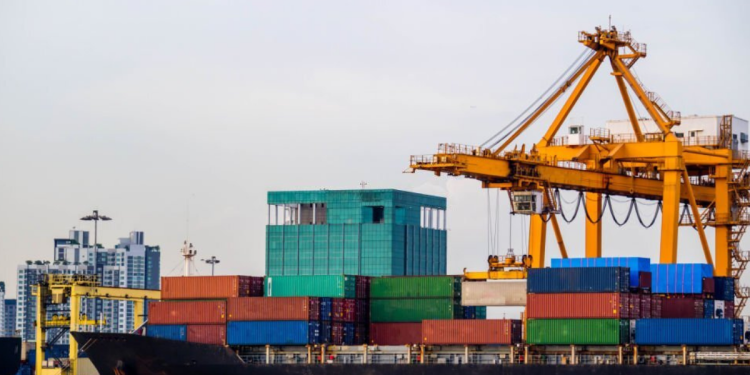
Q4 2021 recorded the highest value for capital importation for the year as the country’s inflow increased to $2.19 billion. The total capital importation value into Nigeria for Q4 2021 at $2.19 billion made up 32.6% of the total capital importation value of the year.